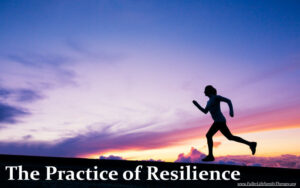8 Simple Everyday Ways to Complete the Stress Response Cycle
In today’s fast-paced world, stress has become an inevitable aspect of daily life. From work deadlines to family responsibilities and societal expectations, our bodies…

In today’s fast-paced world, stress has become an inevitable aspect of daily life. From work deadlines to family responsibilities and societal expectations, our bodies…

Every family experience some form of hardship. Have you ever noticed how some families seem to bounce back, perhaps even using their trials for good,…

This month, Fuller Life connected with first year pre-med students at Prairie View A&M University to discuss how to avoid burn out by working…

Everyone reaches a point when moving forward seems impossible. You feel you’ve given your best in your marriage, with your family and in your…

Life is full of ups and downs, sunny days and stormy days, as well as strength and struggle. After a traumatic event or extended…
End of content
End of content
Life’s too short to stay stuck. Request an appointment now.
Would you like to get our monthly resources for mental wellness?
